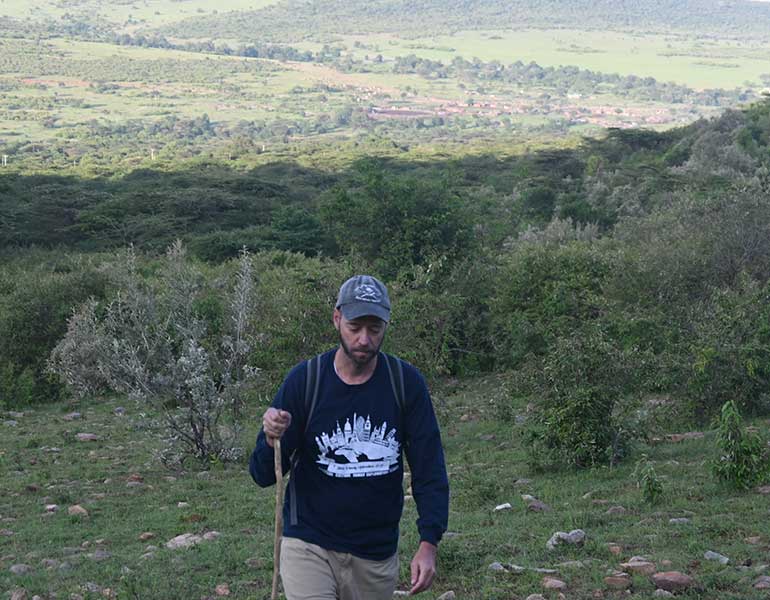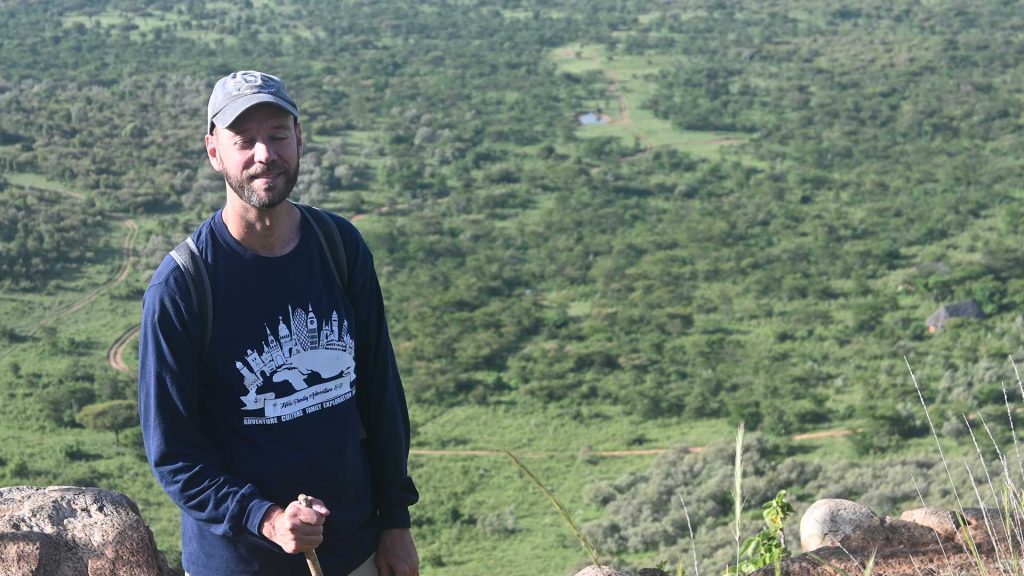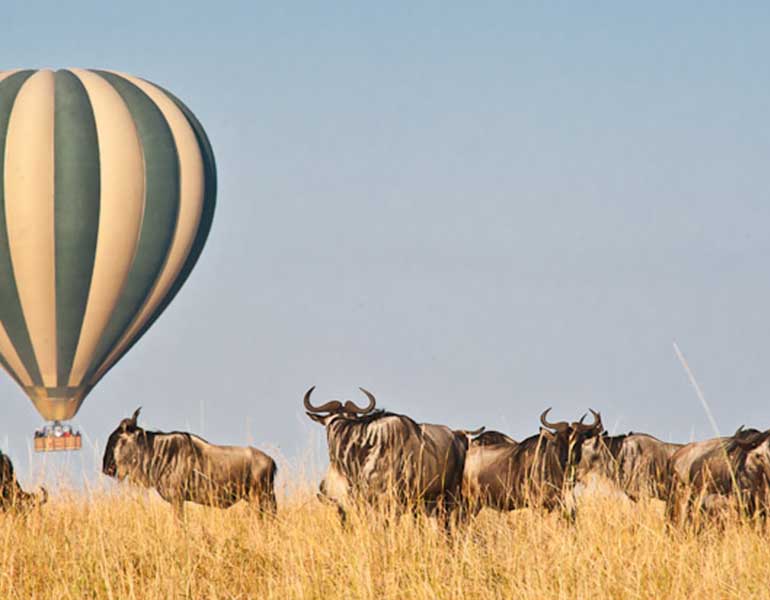
The word “safari” invokes pictures that consist of vast landscapes, abundant wildlife, and lots of adventure in the wild. Safaris have been an essential part of wildlife tourism. It delivers a unique opportunity to explore the flora & fauna in its raw form! The concept of safaris evolved now. It had been changed from hunting expeditions activities to wildlife photography and remains as the conservation-focused tours.
Today, safaris are conducted in various forms. Some of them include walking safaris, vehicle safaris, and even balloon safaris at popular destinations in Kenya. It has a positive impact on the local communities and the tourism industry. Let’s find out how safari creates opportunities for local communities in Kenya!

Job Creation in Safari Regions
Safaris are a foremost income source in Kenya. It creates job opportunities in diverse fields. It may be guiding, hospitality, transportation, lodging, and wildlife management. It provides livelihood, and foster skills development and career growth. It benefits the local guides and staff to get in-depth knowledge about wildlife, conservation practices, and customer service. It contributes to high-quality tourism experiences as well.
Generating Income from tourism
Tourists visiting Kenya on safaris not only contribute significant revenue for local communities but for the nation as well. The nation earns income in the form of entrance fees to national parks, accommodations, and other safari-related activities. The millions of dollars in income are reinvested in infrastructure and conservation projects. A portion of which is used for community development as well.

Support for Local Businesses
The positive effect of safari extends to local businesses. The lodge, camps, restaurant owners and souvenir shops can take its benefit. The hospitality industry in Kenya also thrives on safari tourism. Furthermore, local communities & artisans benefit by selling their handicrafts and souvenirs to travelers. The food and beverage sector also enjoys enhanced turnover by catering delicious food to tourists. The small support helps small businesses sustain themselves in the market and promotes economic stability within the community.
Community Empowerment
Tourism can empower communities. It provides opportunities for local women and youth to learn more. It promotes education and develops leadership skills. Leading safari operators like we do at Drunken Elephant Mara engage people in community projects. We focus on education and training, empowering individuals. We help our locals take part in activities and take leadership roles within their communities. Our programs support women and youth in tourism-related creativities. They can show traditional practices, and dances, to preserve cultural heritage.
Wildlife Conservation Efforts
Safaris contribute a lot to wildlife conservation. Some parts of the generated revenues are used in anti-poaching initiatives, animal breeding programs, and the development of wildlife sanctuaries. It helps in protecting endangered animal species. Reforestation of natural habitats is also a part of conservation strategies and it is mostly funded by the tourism industry. Reforestation projects and the restoration of natural habitats are often part of conservation strategies funded by tourism. These efforts help maintain biodiversity and ensure the survival of various species.
Community-based Tourism Models
Community-based tourism models emphasize local ownership and benefit-sharing. It ensures the revenues generated are used for community development. It provides authentic experiences for tourists while directly benefiting the community. Community conservancies manage tourism activities and ensure that profits are reinvested in conservation and community projects.
Leading safari operators like we do at Drunken Elephant Mara are committed to responsible practices. We strive to, contribute our best conservation efforts while enhancing the tourist experience.


